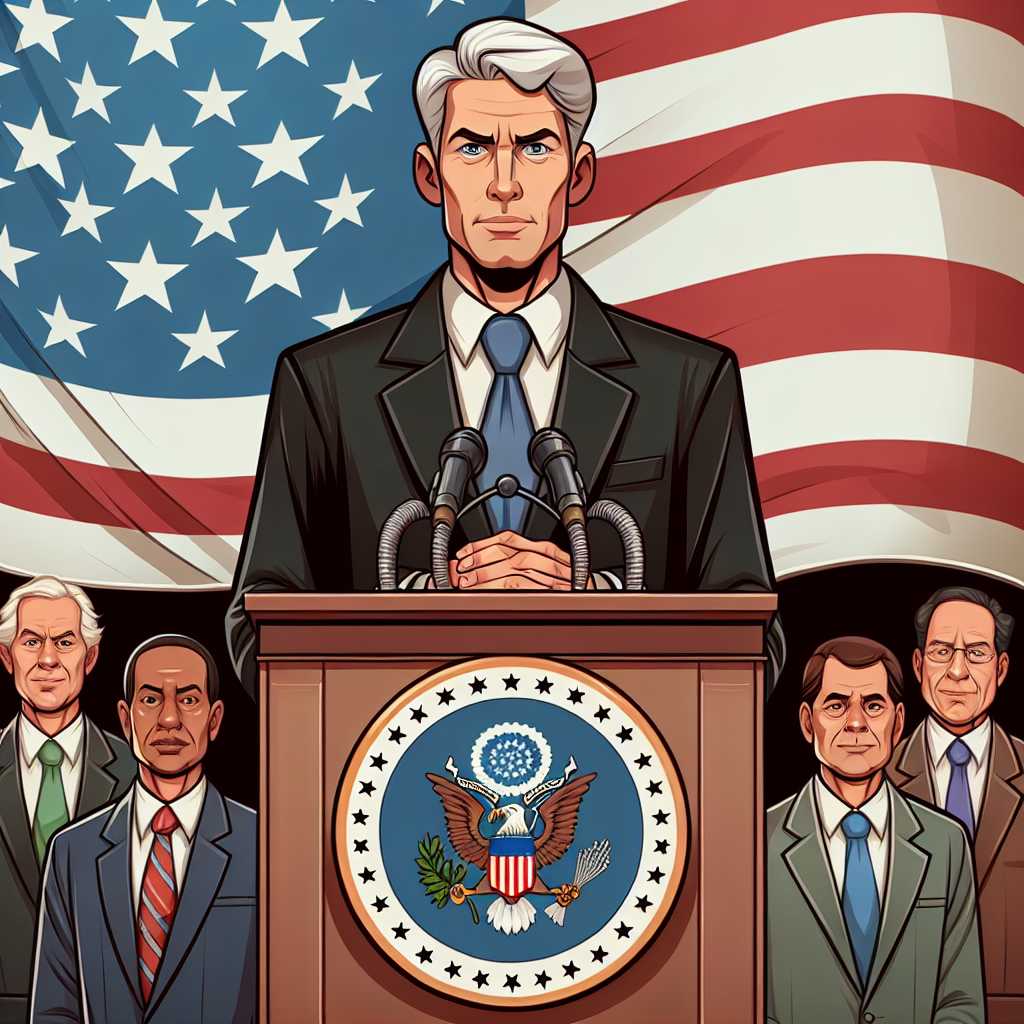Chuck Schumer: A Profile of the Senate Majority Leader
As the Senate Majority Leader, Chuck Schumer is one of the most influential figures in American politics. Over the years, Schumer has built a reputation as a persistent and strategic politician, using his position and expertise to influence legislation and policy direction. This article explores Schumer’s career, his impact on politics, and how he ascends to become one of the key leaders in the United States government.
Early Life and Education
Charles Ellis Schumer was born on November 23, 1950, in Brooklyn, New York. Even from an early age, he showed a penchant for leadership and public service. After excelling academically at James Madison High School, he attended Harvard College, where he earned his bachelor’s degree. He later obtained a Juris Doctor from Harvard Law School.
Path to Political Prominence
Schumer’s political journey began shortly after law school when he was elected to the New York State Assembly in 1974, becoming one of the youngest members at the age of 23. His ability to connect with voters and his dedication to public service propelled him to the U.S. House of Representatives in 1980, where he represented New York’s 9th congressional district.
Over his 16 years in the House, he served on various committees and became known for his focus on consumer protection and criminal justice issues—working on legislation to protect consumers from fraud and playing an integral role in shaping crime policy.
In 1998, Schumer was elected to the United States Senate after a challenging race against three-term incumbent Al D’Amato. There, he quickly established himself as a dynamic legislator relentlessly pushing for policy advancements in areas such as transportation, health care, and financial reform.
Rise to Leadership
Through his Senate tenure, Schumer rose through the Democratic Party ranks due to his fundraising prowess and strategic acumen. He took on additional responsibilities including chairing the Democratic Senatorial Campaign Committee (DSCC) where he assisted in expanding the Democratic majority. His peers recognized these leadership qualities, and Schumer went on to serve as Vice Chair of the Democratic Conference before becoming Minority Leader in 2017 after Harry Reid retired.
After the 2020 elections and subsequent January 2021 Senate runoff elections in Georgia, Democrats obtained a slim majority in the Senate with Vice President Kamala Harris serving as the tie-breaking vote. This shift allowed Schumer to ascend to the position of Senate Majority Leader.
Political Philosophy and Achievements
Known for being both pragmatic and progressive, Schumer has been central to various significant legislative endeavours. He often cites his guiding principle as enhancing middle-class opportunities and protections, advocating policies he believes benefit working families. Over his long service record, Schumer has hand in pivotal legislation ranging from economic stimulus bills to health care reform with the Affordable Care Act.
A testament to his legislative successes include negotiating emergency COVID-19 relief bills during the pandemic, spearheading initiatives for gun control, promoting climate action plans, and being instrumental in securing federal funding for infrastructure projects across New York State and beyond.
Challenges and Controversy
Despite these achievements, Schumer’s tenure has not been without criticism or setbacks. As is typical for any political leader with a long career, he has faced opponents who disapprove of his positions or methods. Criticism ranges from policy stances seen as too centrist by progressive wings of his party, to actions viewed as overtly political rather than substantive by conservatives. However, buoyed by his experience and strategic approach he continues to navigate the myriad challenges inherent in any leadership role.
Future Outlook
As he continues his service in one of America’s most prominent political positions, all eyes remain on Schumer for guiding future legislation and solving comprehensive issues facing both Congress and the country at large—including debates over infrastructure, healthcare reform, climate change policy initiatives, immigration overhaul—in a time of deep partisan divisions.
